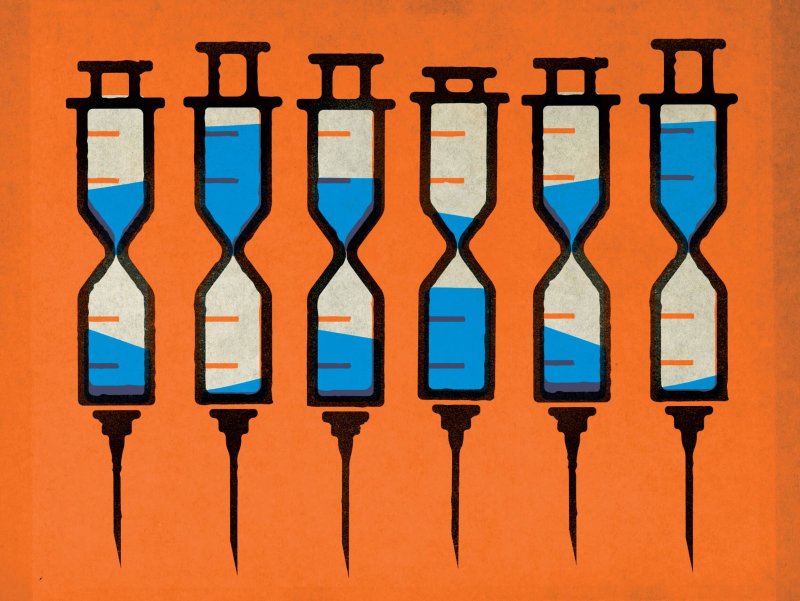Most experts agree that the COVID19 pandemic will not end until a vaccine is available. But traditionally, vaccines take a decade to develop and test. The crisis has ignited efforts from over 130 companies, all racing to develop vaccines to render the population immune to the virus. One exciting new development is the mRNA vaccine, a case where humans are injected with the genetic material of the virus, that ignites an immune response. The advantage of these vaccines is that they are easy to manufacture and quick to test.
Boston Magazine Senior Editor Catherine Elton has followed the development of these vaccines, particularly from the company Moderna. They moved from RNA sequence to human trials in only 43 days demonstrating the speed by which these new strategies may be employed. We discuss the discoveries and the regulatory hurdles, along with public perception in what appears to be a rapid way to immunize large populations.































